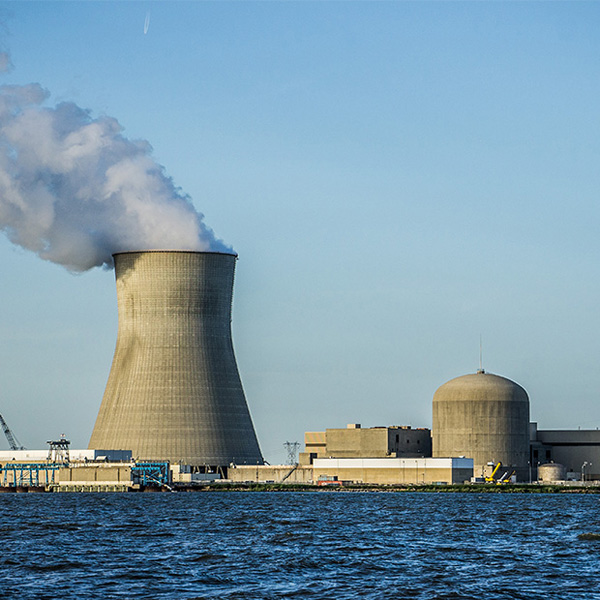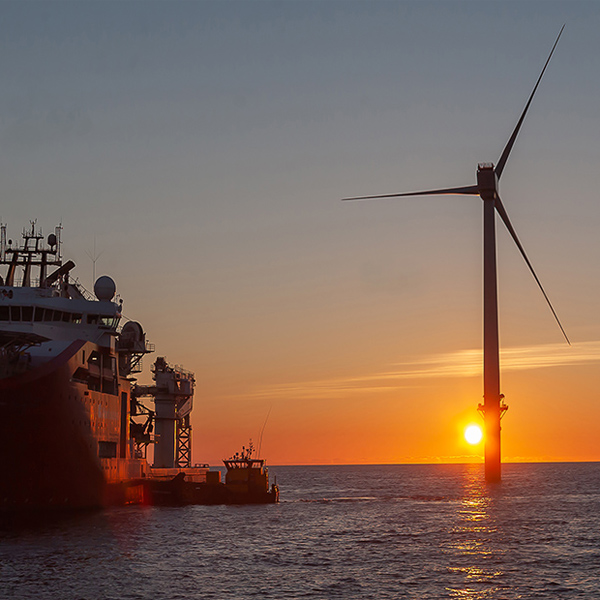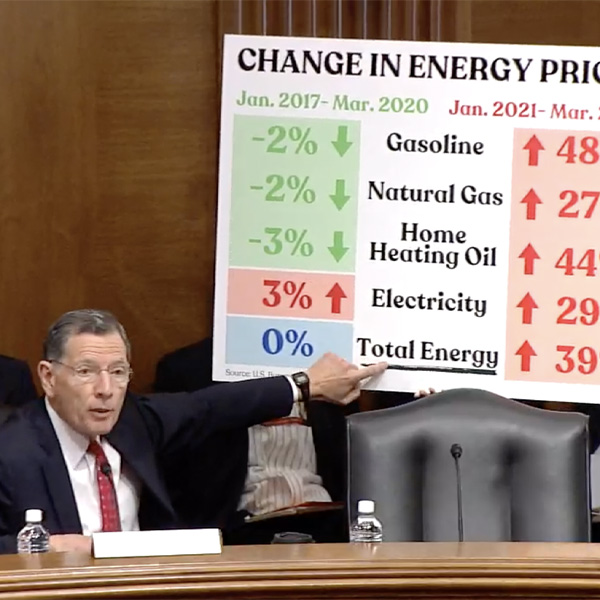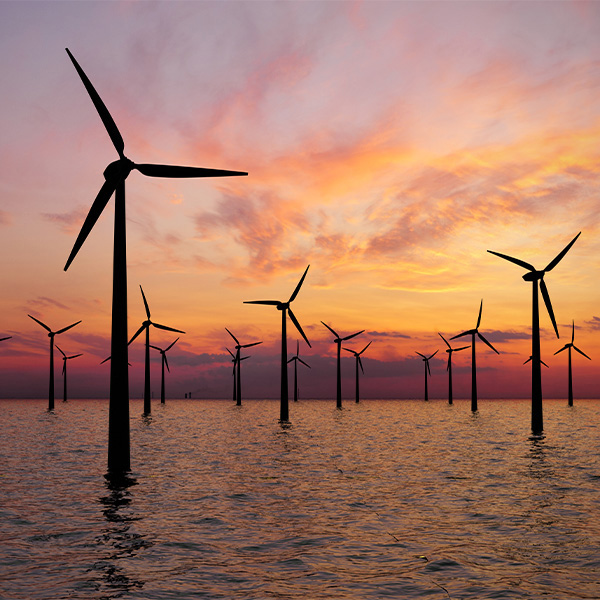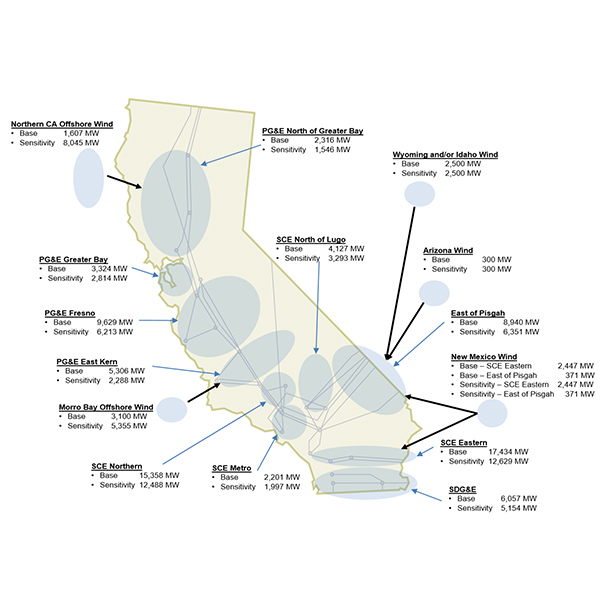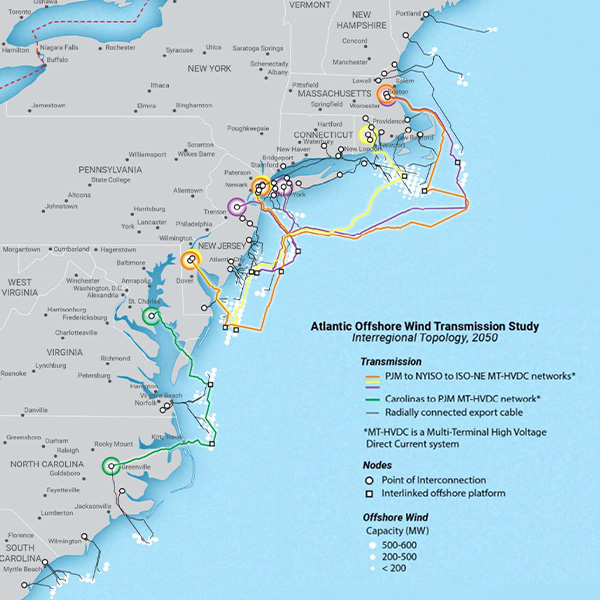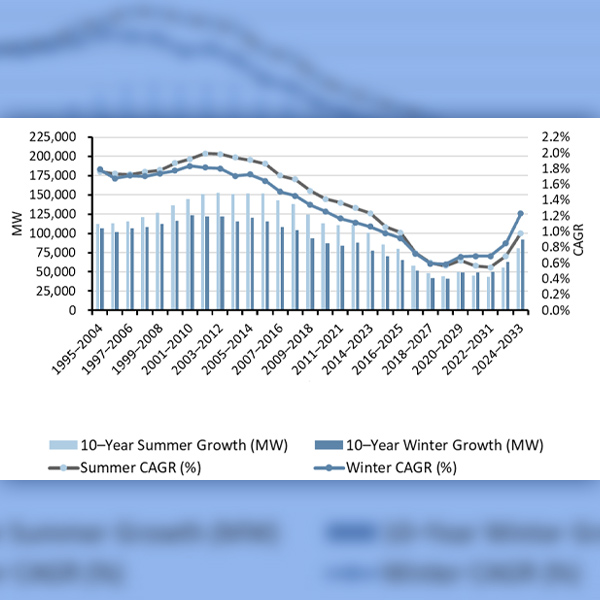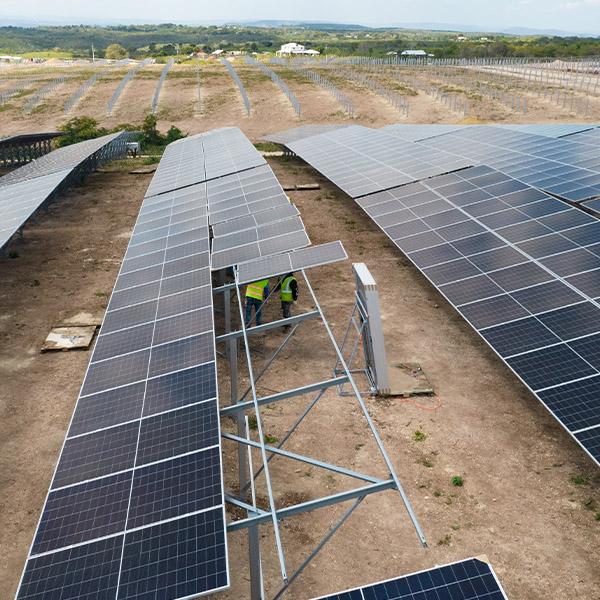Offshore Wind
PSEG is looking to use excess capacity at its three South Jersey nuclear generators to provide clean energy for data centers and AI development projects, CEO Ralph LaRossa said in the company’s first-quarter earnings call.
The New Jersey Board of Public Utilities has opened its fourth offshore wind solicitation with a planned capacity of up to 4 GW.
Energy Secretary Jennifer Granholm defended her department’s $51 billion budget proposal for FY25 before hostile Republicans on the Senate Energy and Natural Resources Committee.
Wind, storage, solar and hydrogen make advances and face challenges in New York state.
FERC approved the participation of PJM in New Jersey’s second solicitation for transmission to interconnect offshore wind, as the state Board of Public Utilities evaluates proposals submitted by the solicitation’s April 3 deadline.
CAISO released a draft transmission plan identifying 26 new transmission projects aimed at accelerating California’s ability to meet its ambitious clean energy goals and costing an estimated $6.1 billion.
Offshore wind is projected to be a key part of East Coast states’ decarbonization and DOE called its two-year study the most thorough analysis to date.
ISO-NE is planning to study the effects of shifting two offshore wind points of interconnection from Maine to Massachusetts and conduct a preliminary analysis of offshore wind interconnection points across the region.
The Washington Post’s warning that “America is running out of power” lacks context and distracts us from the real work at hand, says columnist Steve Huntoon.
New Jersey's grid upgrade bill would require each of the state’s four electric utilities to develop and implement a plan to modernize the electric transmission and distribution system.
Want more? Advanced Search
